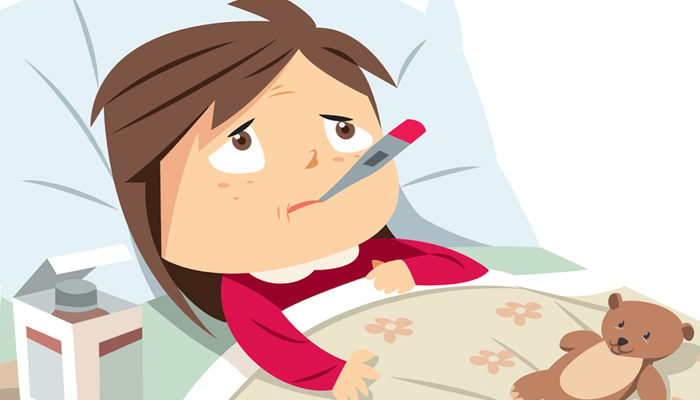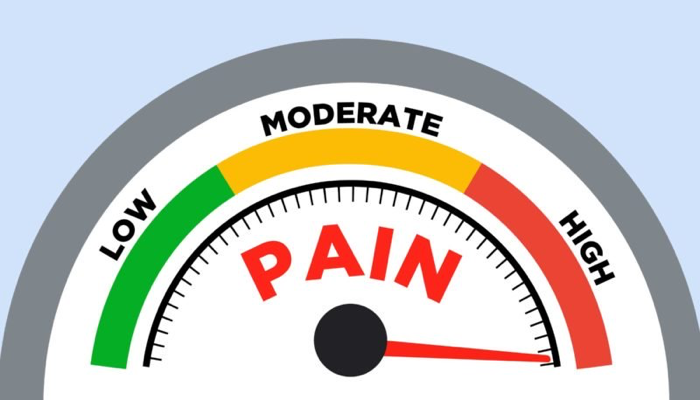
Mental health during lockdown
Staying at home is an important part of slowing the spread of the coronavirus pandemic. However, social contact is important for our wellbeing. Being isolated can take a toll on our mental health, especially if we are alone. Here are some tips for looking after your physical, mental an emotional health.
Find out about your employment and benefits rights
You may be worried about work and money while you have to stay home – these issues can have a big effect on your mental health. Talk to employer about working from home and learn about your sick pay and benefits rights. This can reduce worry and help you feel more in control. For more information, check the Government coronavirus advice.
-
Plan practical things
Work out how you can get any household supplies you need. You could try asking neighbours or family friends, or find a delivery service. Continue accessing treatment and support for any existing physical or mental health problems where possible.
Please order your repeat prescriptions seven days before they are due and consider using our online request form. Please designate a pharmacy to collect them for you.
If you support or care for others, either in your home or by visiting them regularly, think about who can help out while you are staying at home. Carers UK has further advice on creating a contingency plan.
-
Stay connected with others
Maintaining healthy relationships with people you trust is important for your mental wellbeing. Think about how you can stay in touch with friends and family while you are all staying at home – by phone, messaging, video calls or social media. Lots of people are finding the current situation difficult, so staying in touch could help them too.
-
Talk about your worries
It's normal to feel a bit worried, scared or helpless about the current situation. Remember: it is OK to share your concerns with others you trust – and doing so may help them too. If you cannot speak to someone you know or if doing so has not helped, there are plenty of helplines you can try instead, such as Lifeline.
-
Look after your body
Our physical health has a big impact on how we feel. At times like these, it can be easy to fall into unhealthy patterns of behaviour that end up making you feel worse. Try to eat healthy, well-balanced meals, drink enough water and exercise regularly. Avoid smoking or drugs, and try not to drink too much alcohol.
You can leave your house, alone or with members of your household, for one form of exercise a day – like a walk, run or bike ride. Make you keep a safe 2-metre distance from others. Have a look at our article on physcial activity for more information and ideas.
-
Stay on top of difficult feelings
Concern about the coronavirus outbreak is perfectly normal. However, some people may experience intense anxiety that can affect their day-to-day life. Try to focus on the things you can control, such as how you act, who you speak to and where you get information from. It's fine to acknowledge that some things are outside of your control, but if constant thoughts about the situation are making you feel anxious or overwhelmed, you may need to try some things to help manage your anxiety. You can explore the Minding Your Head website for advice.
-
Do not stay glued to the news
Try to limit the time you spend watching, reading or listening to coverage of the pandemic, including on social media, and think about turning off breaking-news alerts on your phone. You could set yourself a specific time to read updates or limit yourself to checking a couple of times a day. Use trustworthy sources (such as the government or NHS websites. Fact-check information from the news, social media or other people.
-
Carry on doing things you enjoy
If we are feeling worried, anxious, lonely or low, we may stop doing things we usually enjoy. Make an effort to focus on your favourite hobby if it is something you can still do at home. If not, picking something new to learn at home might help. There are lots of free tutorials and courses online, and people are coming up with inventive ways to do things, like hosting online pub quizzes and music concerts.
-
Take time to relax
This can help with difficult emotions and worries, and improve our wellbeing. Relaxation techniques can also help deal with feelings of anxiety.
-
Think about your new daily routine
Life is changing for a while and you are likely to see some disruption to your normal routine. Think about how you can adapt and create positive new routines and set yourself goals. You might find it helpful to write a plan for your day or your week. If you are working from home, try to get up and get ready in the same way as normal, keep to the same hours you would normally work and stick to the same sleeping schedule. You could set a new time for a daily home workout, and pick a regular time to clean, read, watch a TV programme or film, or cook.
-
Look after your sleep
Good-quality sleep makes a big difference to how we feel, so it's important to get enough. Try to maintain your regular sleeping pattern and stick to good sleep practices.
-
Keep your mind active
Read, write, play games, do crosswords, complete sudoku puzzles, finish jigsaws, or try drawing and painting. Whatever it is, find something that works for you.
This information is adapted from the NHS website Every Mind Matters. You can also read our article Take 5 Steps To Wellbeing.














